The following is a customized curation of resources for my own continuing education and networking, but I’d be interested to know if you’re using any of these resources, too, and what you make of them!
Dorothy Berry / Digital Curator & Archivist

I’ve been following Dorothy Berry on Twitter for years, before I was even thinking about an MLIS degree. I find her tweets insightful, critical, and entertaining—and now plan to actively read her publications as they come out (instead of passively coming across her ideas on Twitter). She curates her publications and interviews on her website. Particularly interesting for my work is a new column she’s doing for JSTOR called “Archives Unbound,” a look inside digital collections that feature Black historical figures.
Berry, D. J. (n.d.). Publications and interviews. https://www.dorothy-berry.com/publications
Library Figures / Podcast
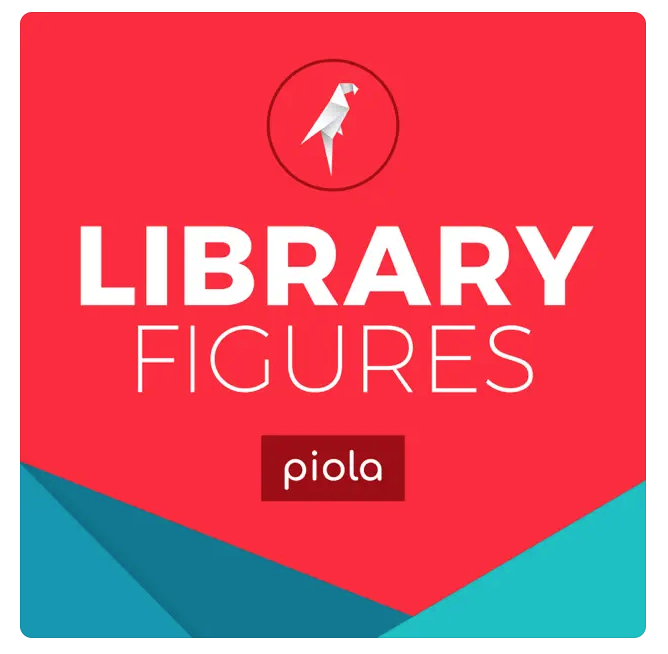
Library Figures is about the different kinds of marketing campaigns libraries use to reach their patrons (and potential new audiences). Episodes dive into topics like: how to make web content easier for patrons to access, optimizing radio ads, and using data to redesign a library’s marketing campaign. Unfortunately, the show is a limited series of only 15 episodes—but what’s there is useful. It’s not the kind of show I would normally listen to, nor the kind of topic I’d be interested in, but I think it’s important to know what successes other librarians have had in that arena (and thinking about ways to incorporate those into my future work).
Byrd, T. (Host). (2019). Library Figures [Audio podcast]. Piola. https://meetpiola.com/library-figures-podcast-series/
Documenting the Now / Mutual aid project
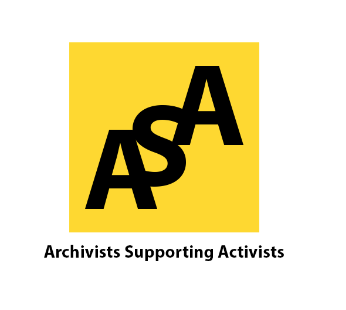
Documenting the Now develops open-source tools that collect and preserve social media content, paying special attention to user intent and the intellectual property rights of content creators. They have a secondary project called “Archivists Supporting Activists” that was created after the murder of George Floyd in order to connect activitsts to archivists who can help them document police violence. As I become more capable of doing archival work, I plan to volunteer with this project.
Documenting the Now. (n.d.). Archivists supporting activists. https://www.docnow.io/archivists-supporting-activists/
MARAC / Conference & organization
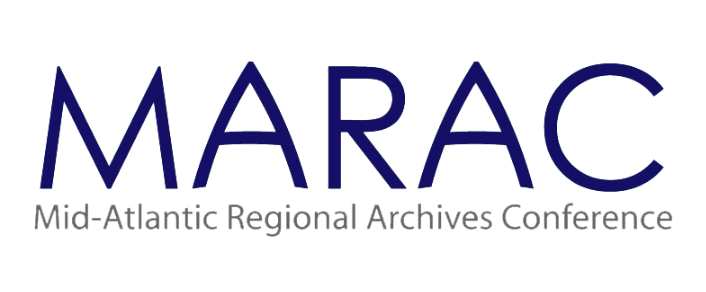
MARAC is a volunteer-run organization for archivists who live and work in the mid-Atlantic. They host semi-annual conferences in the fall and spring. They provide members with affordable education and encourage diversity and inclusion in the archival profession. A lot of the archival organizations in my immediate area have very white and male web presences and therefore feel less welcoming. Diversity, equity, and inclusion are part of MARAC’s strategic plan, which makes me more inclined to support their organization (and receive support from them, too!).
Mid-Atlantic Regional Archives Conference. (2018, October 15). Diversity and inclusion definition statement. https://www.marac.info/diversity-and-inclusion-definition-and-statement
Myriad / Consulting group
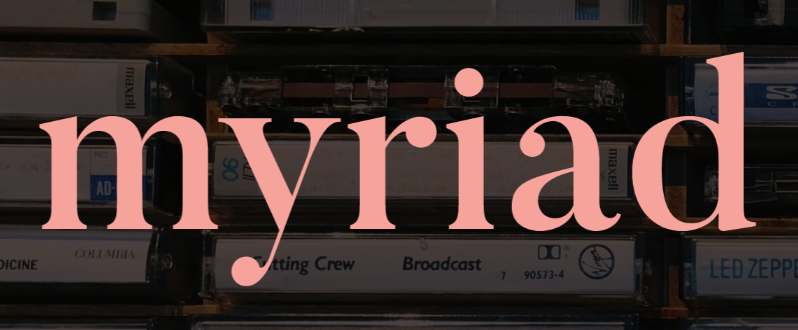
Myriad is a national, non-profit, consulting firm that helps small to mid-sized organizations make strategic plans for developing, preserving, and maintaining different types of collections, from archives to libraries to digital records to art and architecture. They recently started writing a blog with topics like “Sustaining digital creative works” and “building connections” across different archival and LIS communities. I subscribed to their newsletter and will keep them in mind as an organization to explore working with or for in the future.
Myriad. (n.d.). Blog. https://myriadconsultants.org/blog
Small Special Collections Library (UVA) / Twitter account
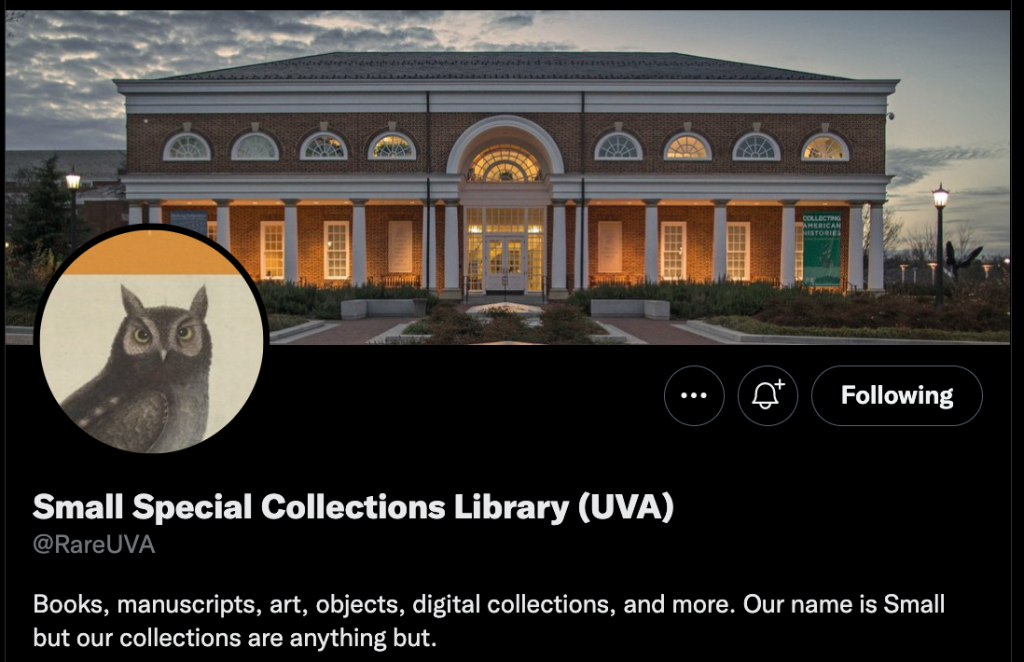
The Albert and Shirley Small Special Collections Library at the University of Virginia has a great Twitter presence—users can see their current exhibitions, get a peek into some of their collections, and learn interesting facts and histories about the items in their collections. Almost every post is accompanied by visual materials. It’s a good model for how to tweet about archives and engage a digital and/or remote audience.
Small Special Collections Library (UVA) [@RareUVA]. (n.d.). Tweets [Twitter profile]. Twitter. Retrieved August 3, 2022, from https://twitter.com/RareUVA
Society of American Archivists / Audio & moving image community
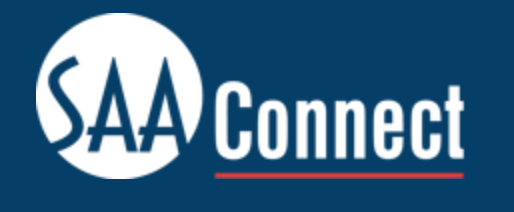
The Society of American Archivists is huge. They represent more than 6,000 professional archivists from all sorts of organizations, from government to libraries to businesses to freelancers. Thankfully, the society is broken up into smaller “communities.” The audio and moving image community has a directory, a discussion board, and newsletter that features job opportunities, conference registration information, and general Q&As from working archivists and students—all of which is useful as I survey the landscape of archival work now and in the future.
Society of American Archivists [saa]. (2022). Audio and Moving Image Section. https://connect.archivists.org/communities/community-home/digestviewer?communitykey=0837fe95-8d1b-4122-9231-39c5bcc56fc3
Sound Submissions / Twitter account
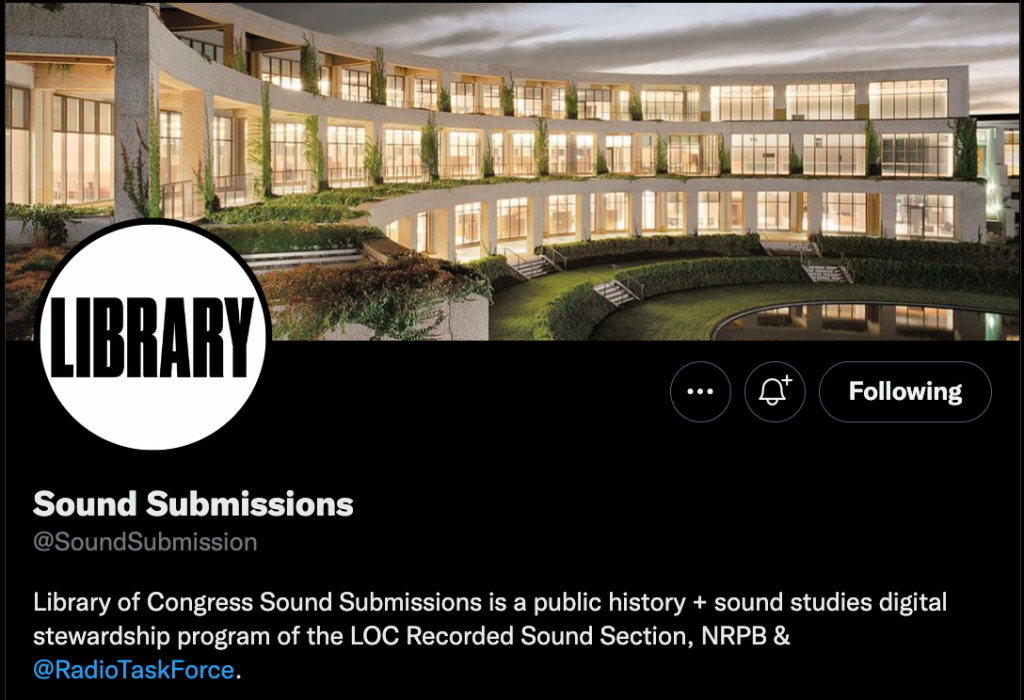
Sound Submissions is a digital humanities program, part of the Recorded Sound Section of the Library of Congress’s National Audio-Visual Conservation Center (NAVCC) in Culpeper, Virginia. Their large curatorial team facilitates donations of digitized recordings (and metadata) for transfer into the LOC’s permanent digital archive. This is a really important task force, as the window for digitizing and collecting digitized audio before technology fails or materials disintegrate is very small. The Sound Submissions Twitter account is a good way to keep track of their work as well as find related resources like webinars or conferences.
Sound Submissions [@SoundSubmission]. (n.d.). Tweets [Twitter profile]. Twitter. Retrieved August 3, 2022, from https://twitter.com/SoundSubmission
Circulating Ideas / Podcast

Circulating Ideas is an interview podcast that brings listeners “innovative people and ideas inspiring libraries to grow and thrive in the 21st century” (Circulating Ideas, n.d.). The host is engaging, interviews a wide variety of guests from across the library field, and the podcast is up to date (unfortunately, many interesting library podcasts are short-lived, probably due to job creep or lack of financial support). It’s a helpful podcast for LIS students, in particular, as it gives us a sense of contemporary issues in librarianship.
Thomas, S. (Host). (2011–present). Circulating Ideas [Audio podcast]. Steve Thomas. https://circulatingideas.com/